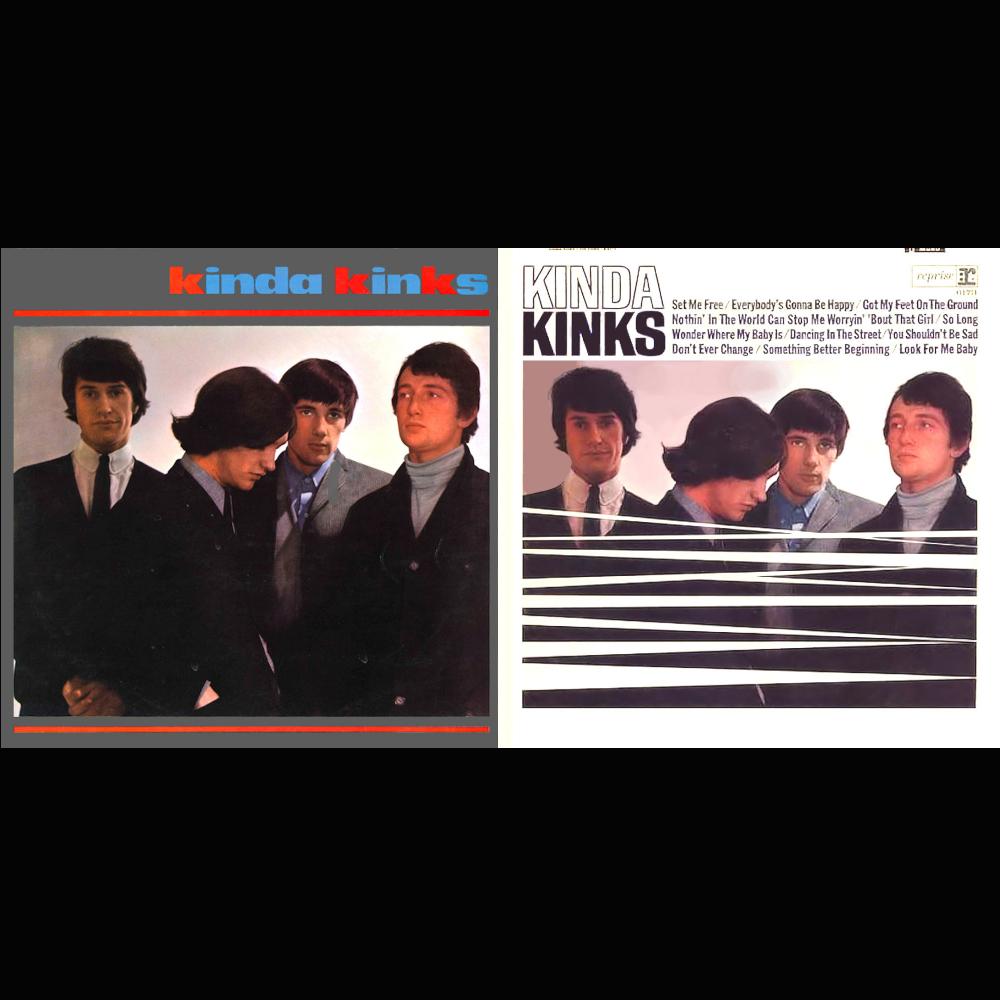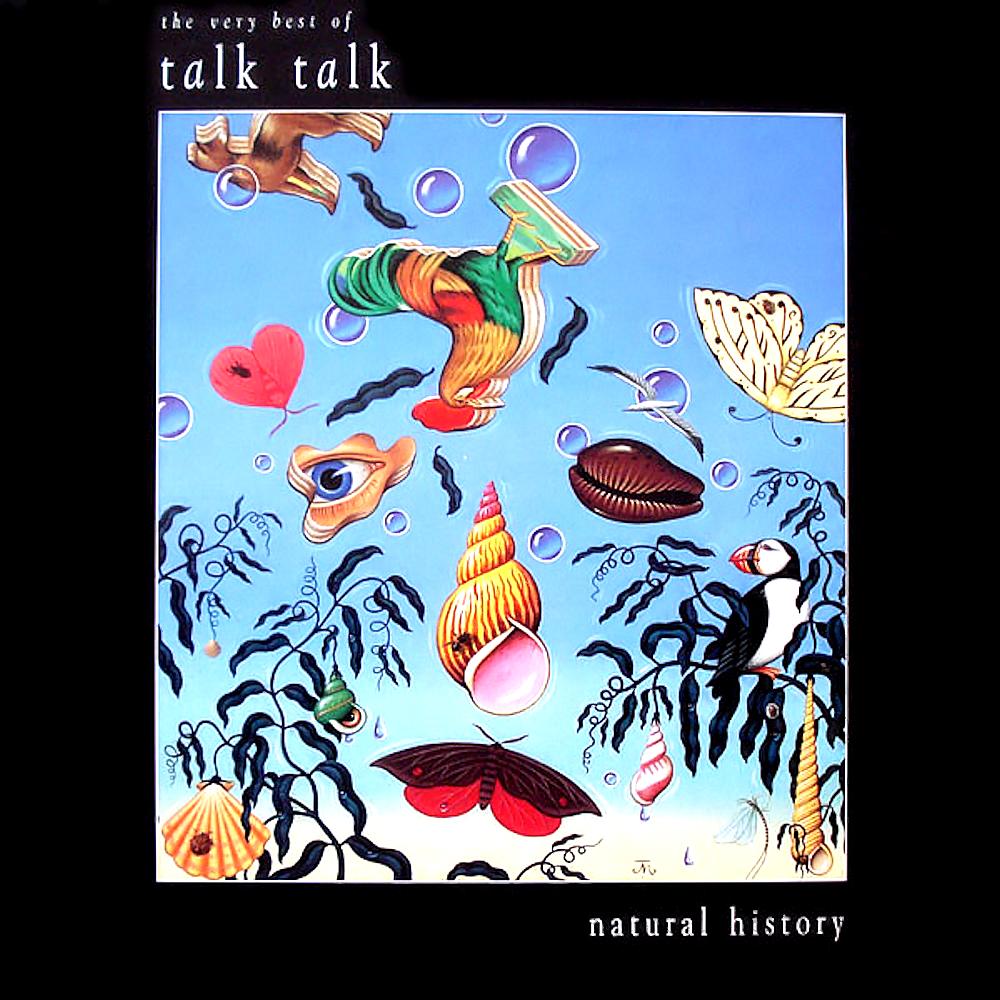
Album Information:
Album ID: 10149
The Kinks - Kinda Kinks
Label: Sanctuary Records
Catalog Number:
275 632-6
Release Date:
March 5, 1965
Disc 1 - The Original Mono Album
1. Look For Me Baby 2:17
2. Got My Feet On The Ground 2:14
3. Nothin' In The World Can Stop Me Worryin' 'Bout That Girl 2:44
4. Naggin' Woman 2:36
5. Wonder Where My Baby Is Tonight 2:00
6. Tired Of Waiting For You 2:29
7. Dancing In The Street 2:20
8. Don't Ever Change 2:25
9. Come On Now 1:49
10. So Long 2:10
11. You Shouldn't Be Sad 2:03
12. Something Better Beginning 2:26
Disc 2 - Singles, EP Tracks, Demos, Alternates, & BBC
Singles:
1. Everybody's Gonna Be Happy (Mono Single) 2:13
2. Who'll Be The Next In Line (Mono Single) 2:01
3. Set Me Free (Mono Single) 2:09
4. I Need You (Mono Single) 2:23
5. See My Friends (Mono Single) 2:44
6. Never Met A Girl Like You Before (Mono Single) 2:05
EP Tracks:
7. A Well Respected Man (Mono EP Track) 2:43
8. Such A Shame (Mono EP Track) 2:19
9. Wait Till The Summer Comes Along (Mono EP Track) 2:07
10. Don't You Fret (Mono EP Track) 2:45
Demos:
11. I Go To Sleep (Demo Version) 2:42
12. When I See That Girl Of Mine (Demo Version) 2:02
13. Tell Me Now So I'll Know (Demo) 1:59
14. A Little Bit Of Sunlight (Demo) 1:50
15. There's A New World Just Opening For Me (Demo) 2:31
16. This I Know (Demo) 2:01
Alternates:
17. See My Friends (Alternate Take) 2:44
18. Come On Now (Alternate Vocal) 1:55
BBC:
19. You Shouldn't Be Sad (BBC) 1:55
20. Tired Of Waiting For You (BBC) 2:22
21. Everybody's Gonna Be Happy (BBC) 2:13
22. This Strange Effect (BBC) 2:32
23. Hide And Seek (BBC) 2:13


 Last Played: 12/23/24 03:33 PM
Last Played: 12/23/24 03:33 PM Last Played: 12/23/24 03:24 PM
Last Played: 12/23/24 03:24 PM